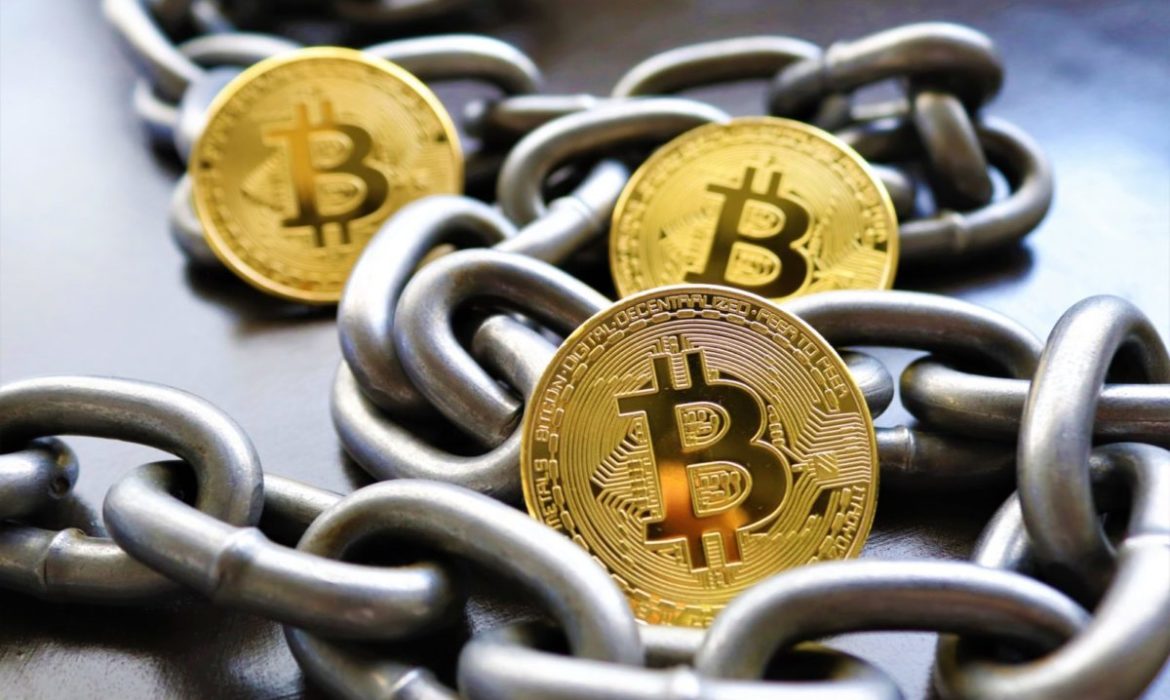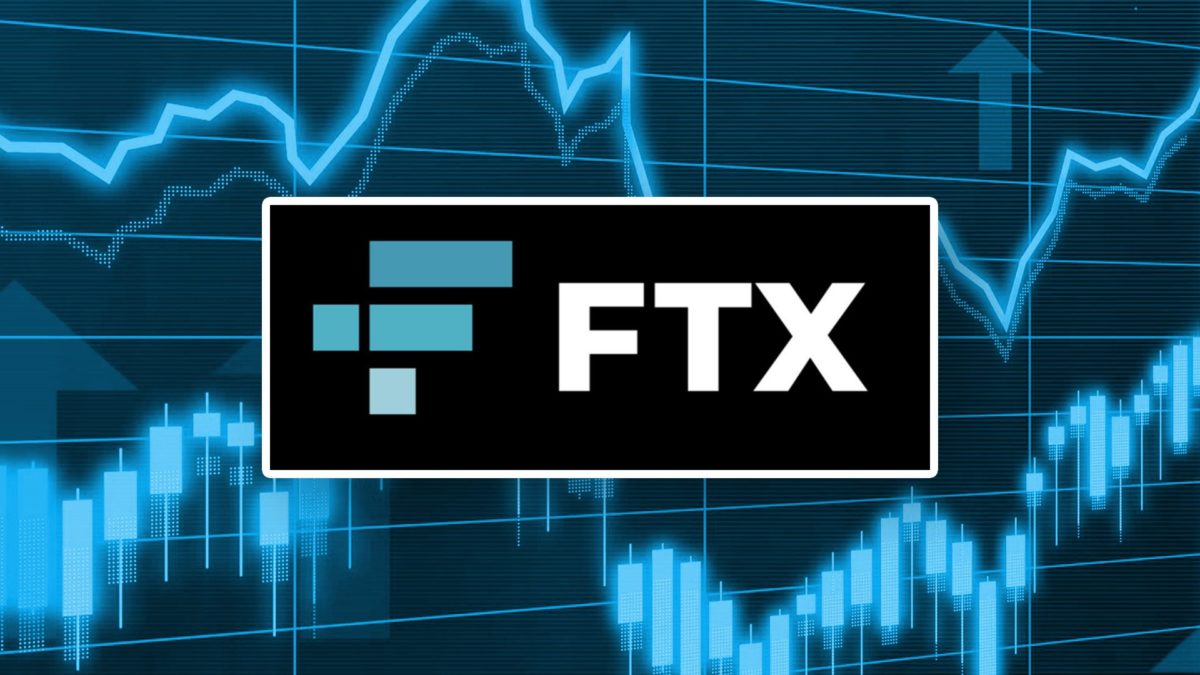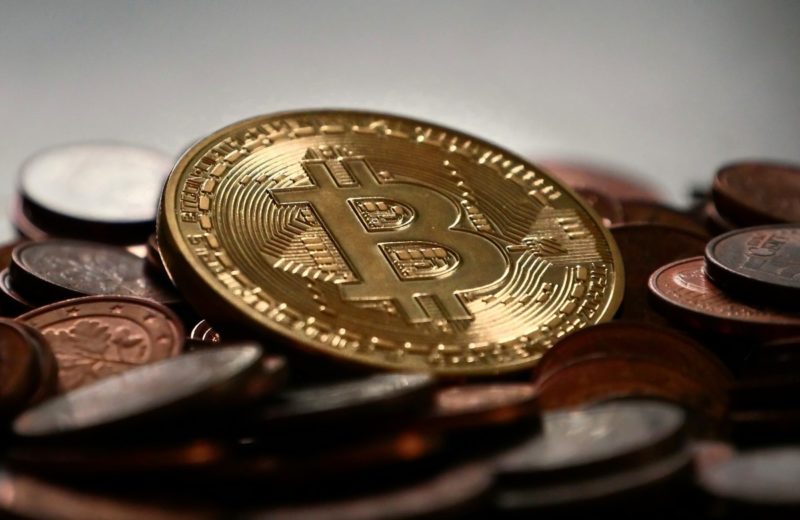The demise of the ft. exchange, according to the newly elected chair of the international securities watchdog IOSCO, has increased the urgency of regulating the cryptocurrency industry. It’s targeting “conglomerate” platforms. According to Jean-Paul Servais, regulating crypto businesses may draw on concepts from other industries that do not have to start from the ground up, especially when it comes to conflicts of interest, such as credit rating agencies and market benchmark compilers.
Regulators have been hesitant to create new rules for crypto assets like bitcoin, which have been around for years. The FTX implosion resulted in losses of billions of dollars for one million creditors. Servais told Reuters that regulating would help change things.
IOSCO has previously regulated stablecoins. IOSCO manages standards for G20 nations and others, but now platforms that trade in them are under the microscope.
Broking, trading, banking services, and issuance are all separated in mainstream finance by a set of conduct rules and safeguards. According to Servais, ‘conglomerates’ like FTX have emerged that can perform multiple functions. Functions include brokerage services, custody, proprietary trading, and token issuance within a single roof.
The Pros and Cons of Regulations
Consumer trust, market order, clarity, and impact are all aided by regulatory certainty. Informed by macroeconomic impact studies, the WEF has called for customized crypto frameworks that address financial stability and crime prevention. Several jurisdictions have questioned whether to use new or existing regulatory models, as well as regulators. To eliminate regulatory arbitrage, the International Monetary Fund recommends the optimum regulatory response be coordinated, consistent, and thorough.
Six aspects are addressed by successful comprehensive regulations: legal certainty, efficient risk monitoring, financial stability, consumer protection, market integrity, and international cooperation. To avoid ambiguity over what is within scope, utility tokens should not be subject to the same rules as cryptocurrency assets used as financial instruments. When regulating, they might consider the risks’ nature, scale, and complexity. Authorities should adopt proportionate effective regulation, supervision, and oversight of the financial stability risk posed by the industry.
















